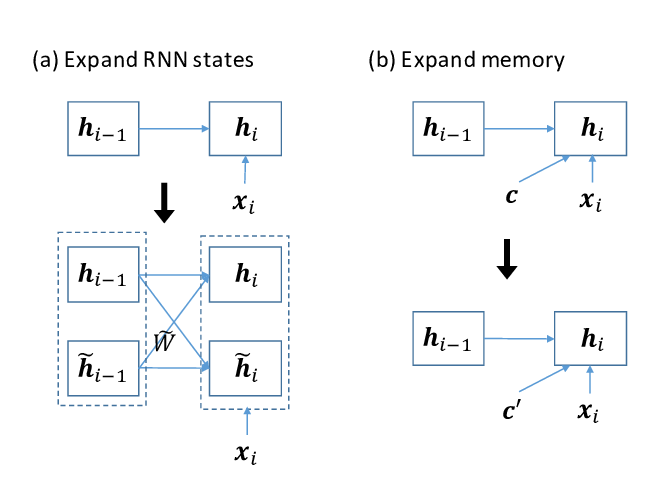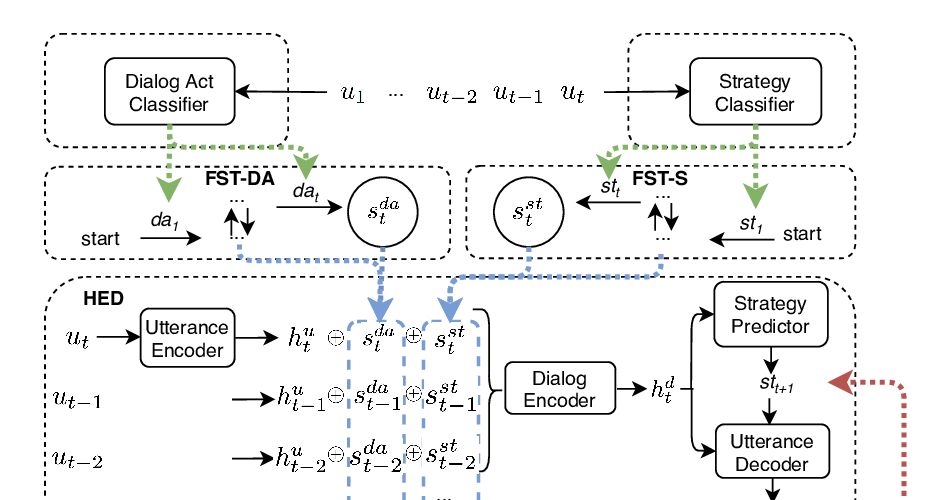Abstract:
Recent efforts in Dialogue State Tracking (DST) for task-oriented dialogues have progressed toward open-vocabulary or generation-based approaches where the models can generate slot value candidates from the dialogue history itself. These approaches have shown good performance gain, especially in complicated dialogue domains with dynamic slot values. However, they fall short in two aspects: (1) they do not allow models to explicitly learn signals across domains and slots to detect potential dependencies among \textit{(domain, slot)} pairs; and (2) existing models follow auto-regressive approaches which incur high time cost when the dialogue evolves over multiple domains and multiple turns. In this paper, we propose a novel framework of Non-Autoregressive Dialog State Tracking (NADST) which can factor in potential dependencies among domains and slots to optimize the models towards better prediction of dialogue states as a complete set rather than separate slots. In particular, the non-autoregressive nature of our method not only enables decoding in parallel to significantly reduce the latency of DST for real-time dialogue response generation, but also detect dependencies among slots at token level in addition to slot and domain level. Our empirical results show that our model achieves the state-of-the-art joint accuracy across all domains on the MultiWOZ 2.1 corpus, and the latency of our model is an order of magnitude lower than the previous state of the art as the dialogue history extends over time.


